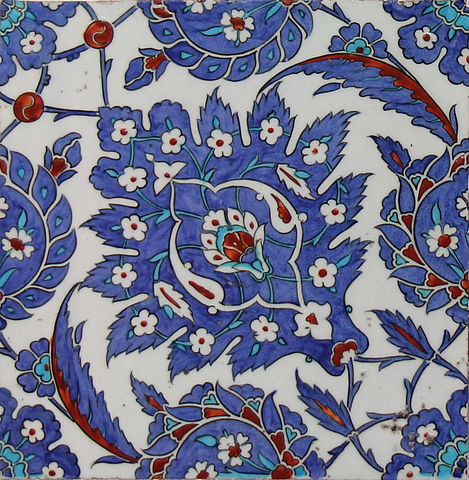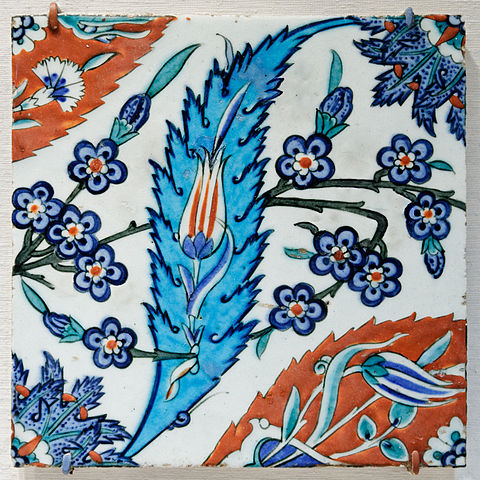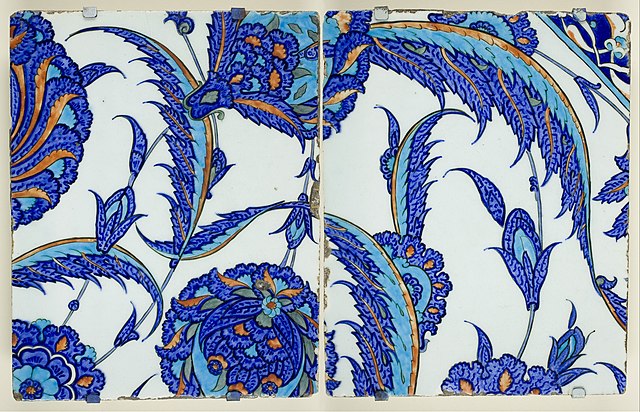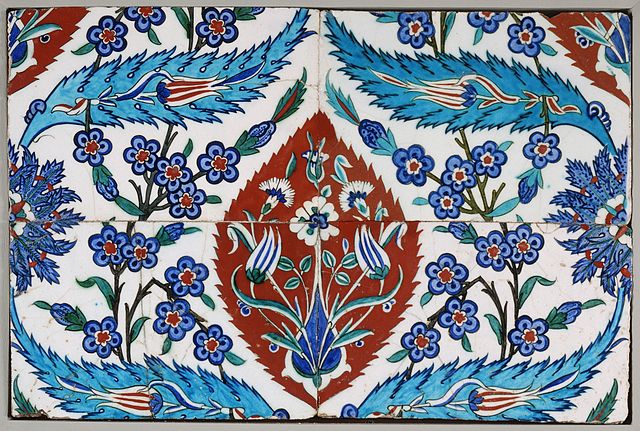
Thammasat University students are cordially invited to participate in a free Zoom lecture about reporting human rights violations in Turkey.
The event will be held on Wednesday, 2 February starting at 7pm Bangkok time.
It is organized by the Reuters Institute for the Study of Journalism, the University of Oxford, the United Kingdom.
The Thammasat University Library collection includes many books about different aspects of political life in Turkey.
Students may register to receive a Zoom link at
https://us02web.zoom.us/webinar/register/WN_8SsnXGPDR9GBy8vLndhG2A
For further information or with any questions, please write to
reuters.institute@politics.ox.ac.uk
As the webpage announcing the panel discussion explains, the speaker will be Kemal Goktas, a Turkish legal scholar, author and award-winning journalist.
In 2018 he published a paper on reporting human rights violations in Turkey:
In this paper, Reporting human rights violations in Turkey, Kemal Göktaş (Journalist Fellow Oct 2017 – April 2018) looks at the development and decline of the Turkish media, and how journalists have coped with its turbulent politics.
Göktaş surveyed 133 Turkish journalists – 20% of whom work for pro-government media outlets. As well as analysing these responses, Göktaş carried out content analysis of human rights violations coverage in four major Turkish newspapers: Sabah (pro-government), Hürriyet (neutral), Sözcü (nationalistic) and Cumhuriyet (leftist). The findings show all journalists – including many journalists writing for pro-government outlets – fear prosecution for their work, and frequently self-censor their writing.
Analysis of the situation facing Turkish journalists is even more relevant today in the wake of Erdoğan’s re-election as President of Turkey on 24 June 2018.

The paper’s introduction follows:
The media in Turkey is under fire. In a climate where democratic norms are being eroded and human rights are being weakened by the state, the role of journalists in tracking human rights violations is more important than ever. The Journalists Union of Turkey, as of 22 March 2018, reported 145 journalists and media workers have been jailed,1 the highest number world-wide, ahead of China and Egypt. Reporters Without Borders (RSF) and the Committee to Protect Journalists (CPJ) stated that Turkey was the worst country for media freedom in 2016. Reporters Without Borders’ Freedom of Information report claims that Turkey is 155 out of 180 countries in the world rankings in 2017. A report prepared by the World Justice Project demonstrated that Turkey ranked 101st among 113 states2 in the Rule of Law Index. Turkey was ranked 107th for fundamental rights, including freedom of the press. This paper aims to show the extent of the media coverage of human rights violations based on a comparison of two periods, namely the period before the attempt of the coup d’état of 15 July 2016, and the period after. Even though Turkey’s human rights record was not at its best prior 15 July3 , it further declined after the declaration of the state of emergency on 20 July 20164 . Human rights organisations and international organisations such as United Nations and the European Union reported brutal human rights violations as well as a significant decline in the freedom of the press in Turkey. During this period the numbers of journalists being arrested increased dramatically, and several newspapers, periodicals, TV channels, publishers were shut down. Self-censorship has increased in order to avoid being seen to support the attempt of coup d’état. Any media outlet or journalist targeted by Government circles and the pro-government press has been subject to sanctions. In addition, the effect that the lack of press freedom has had on journalists will be included in this report too. 1-1 The significance of the study With the end of the Cold War, human rights discourse occupied more space in international relations. The number of countries signing international conventions and joining UN organisations in promoting human rights increased and indeed “violations of human rights are used as justifications for national policies and international relations and even military intervention.”5 But despite this, human rights violations did not end. Indeed as trade became more global, and companies began to form more economic alliances, the issue of human rights became ever more subordinate to political and economic interests. Turkey benefited from this situation: offering itself up as a trading country but managing somehow to avoid establishing a system respecting human rights.6 Throughout the years in power, the Justice and Development Party or AKP government exercised increasing pressure on media. This pressure focused primarily on journalists reporting human rights violations. Especially under emergency rule, in the absence of free press, rights violations increased dramatically. This research aims to understand Turkish media’s impact on human rights issues in general. Focusing on the coverage under the emergency rule and comparing it with the so-called standard conditions also helps it to understand the effect of the turbulent political conditions on the media as well as on freedom of the press in the country.

The paper’s conclusion:
The survey shows there is widespread self-censorship in Turkish media. Journalists believe that human rights violations have increased in the last five years, but this has not resulted in a rise in coverage. Although there were significantly more human rights violations in 2017, the coverage of the violations declined in pro-government, impartial and nationalist opposition newspapers. Journalists as a whole are not happy with the quality of reporting on human rights and do not trust the information they receive. Journalists also fear being prosecuted or losing their jobs for reporting on human rights violations, and as a result, many choose not to write these stories. The journalists who work for pro-government outlets feel much more afraid than the others and reporting human rights can make it hard for them to find a new job. Political pressure, the ownership of outlets, judicial pressure, and fear of losing the job are main reasons journalists say they avoid reporting on human rights violations. Pro-government and impartial newspapers tend to defend the state and perpetrators, and less emphasise the violation in their stories under the state of emergency period when the number of violations rises. Although the Sözcü, nationalist opposition outlet, emphasised the violations more than 2015, in 2017 it could not report more than 2015. Whilst journalists have more faith in victims, victims’ relatives or their lawyers and human rights organisations than official sources, when reporting on a violation, the newspapers, in comparison, refer to more official sources in the stories of the violations. The results of the content-analysis in this research demonstrates that increase in human rights violations does not cause an increase in reporting human rights violations in the media. Onn the contrary, the increased violations has caused a decline in the number of the stories of violations. Not only the numbers of the stories have reduced, but the visibility of the stories also declined. Only Cumhuriyet, the leftist opposition newspaper, reported more on violations and gave more coverage concerning square centimetres and number of words in the stories, in 2017 than in 2015. The Cumhuriyet refers an abundant source in the violation stories, and it remained unchanging under the state of emergency. The Cumhuriyet also referred more the victims, victims’ relatives and victim’s lawyers than official sources before and during the state of emergency. This research exposes that mainstream media in Turkey, under the current state of affairs and with its structure of media ownership and the nationalistic view, can never be independent and can never report on violations freely. Judicial and political pressure on journalists causes self-censorship and avoiding reporting about ‘dangerous’ stories. As seen in the research, independent newspapers like Cumhuriyet can be freer and can be brave enough to report violations. To improve journalism and to report on human rights violations in Turkey, there needs to be more independent newspapers. 35 Efforts aiming to finish or reduce human rights violations should prioritise promoting and supporting independent media outlets in Turkey.

(All images courtesy of Wikimedia Commons)
